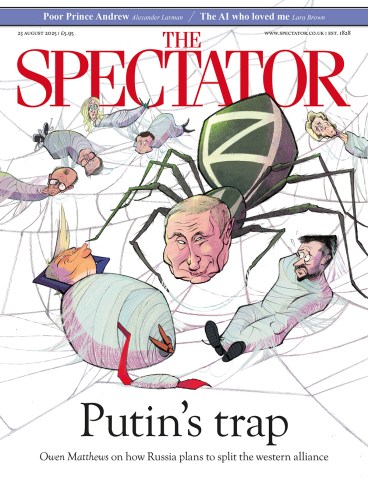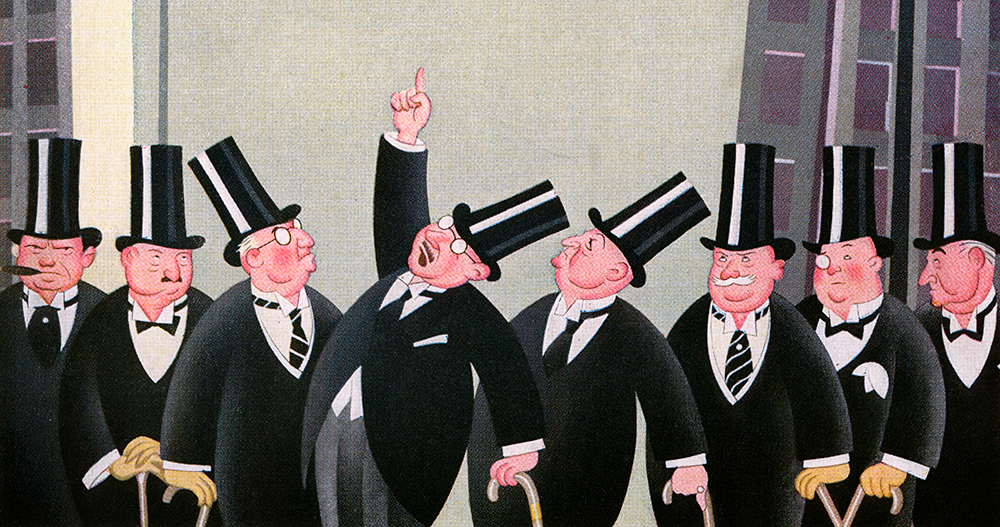
Reading Careless People, an exposé of life within Facebook written by a Kiwi, it occurred to me that one potential advantage that the UK, Australia, Canada and New Zealand have over the US is we do not unthinkingly idolise the very rich.
Americans sometimes find this confusing: it always irked transplanted American bankers in London that local employees were eager to make a few million quid, but lost interest beyond a certain threshold. Once they had a rectory in the Cotswolds, an Aga, two labradors and a Range Rover it was game over, you win.
This is because the US is more of a money/power economy, whereas the Commonwealth countries are to a greater extent prestige economies. We shouldn’t bemoan this, but turn it to our advantage instead. Here’s how. It’s a wealth tax. But wait.
Traditionally the proponents of a wealth tax have implicitly attacked the wealthy. I think a better line of attack is to highlight people who should be really wealthy but aren’t.
At the moment, I think it unlikely that Sir Tim Berners-Lee is cruising round the Med on a 600ft megayacht crammed with bikini-clad supermodels. Nor is Sir Stanley Whittingham (co-inventor of the lithium-ion battery) sunning himself on an inflatable flamingo in an infinity pool overlooking Hvar. We don’t even know who invented chicken tikka masala. All three have made many billions, perhaps trillions, of pounds – unfortunately, for other people.
I once met the daughter of one of the four British and Australian men instrumental in the discovery and creation of penicillin. As I remember, she did live in the Cotswolds. I didn’t see any evidence of a Range Rover, though. In a truly just world, she’d have a brand-new V8 Overfinch conversion, with light-up wheels.
In short, any debate about wealth is meaningless unless we acknowledge that it is perfectly possible to create wealth without extracting it and that, correspondingly, it is also possible to extract wealth without creating it. Economists don’t get this.
For every great idea you can monetise yourself, there are 20 that you can’t – and it is these ideas which create wealth
So we have shovelled billions of dollars into the maw of Facebook without any evidence that the company is capable of enacting a single new idea. It’s mostly extractive. Mark Zuckerberg is a big digital Duke of Westminster, without the redeeming charm or style. By contrast, I know Elon Musk’s politics are a bit dicey, but he does keep trying new things. To be honest, if he invaded Poland I’d probably move there.
But here’s the thing. For every great idea you can monetise yourself, there are 20 that you can’t – and it is these ideas which create wealth.
So what’s the plan? Well, if rich people are so brilliantly inventive (and some of them are), call them out at their own game. Instigate a wealth tax but hypothecate 25 per cent of the proceeds to an innovation fund. With 5 per cent, you retroactively reward unrecognised wealth creators: it would be nice to give Sir Stanley a Bentley, say, or an all-female bodyguard unit like Colonel Gaddafi (he may not actually want these things, admittedly: what you got there is a disturbing glimpse inside my imagination).
With the remaining 20 per cent you instigate a prize fund worth billions to reward people for ideas which are impossible to monetise – the Harrison ‘Longitude’ Prize for the 21st century. If they are so clever, the rich can then earn their money back.
I myself have an idea which would reduce needless GP visits by 50 per cent while costing nothing. If you can get a Rolls-Royce Spectre past NHS Procurement, it’s yours. Out there somewhere is someone who knows a far better way of fixing potholes, solving the house-building crisis or reducing innumeracy. This is what we need to grow the economy, rather than a magical brainfart from Rachel Reeves.








Comments